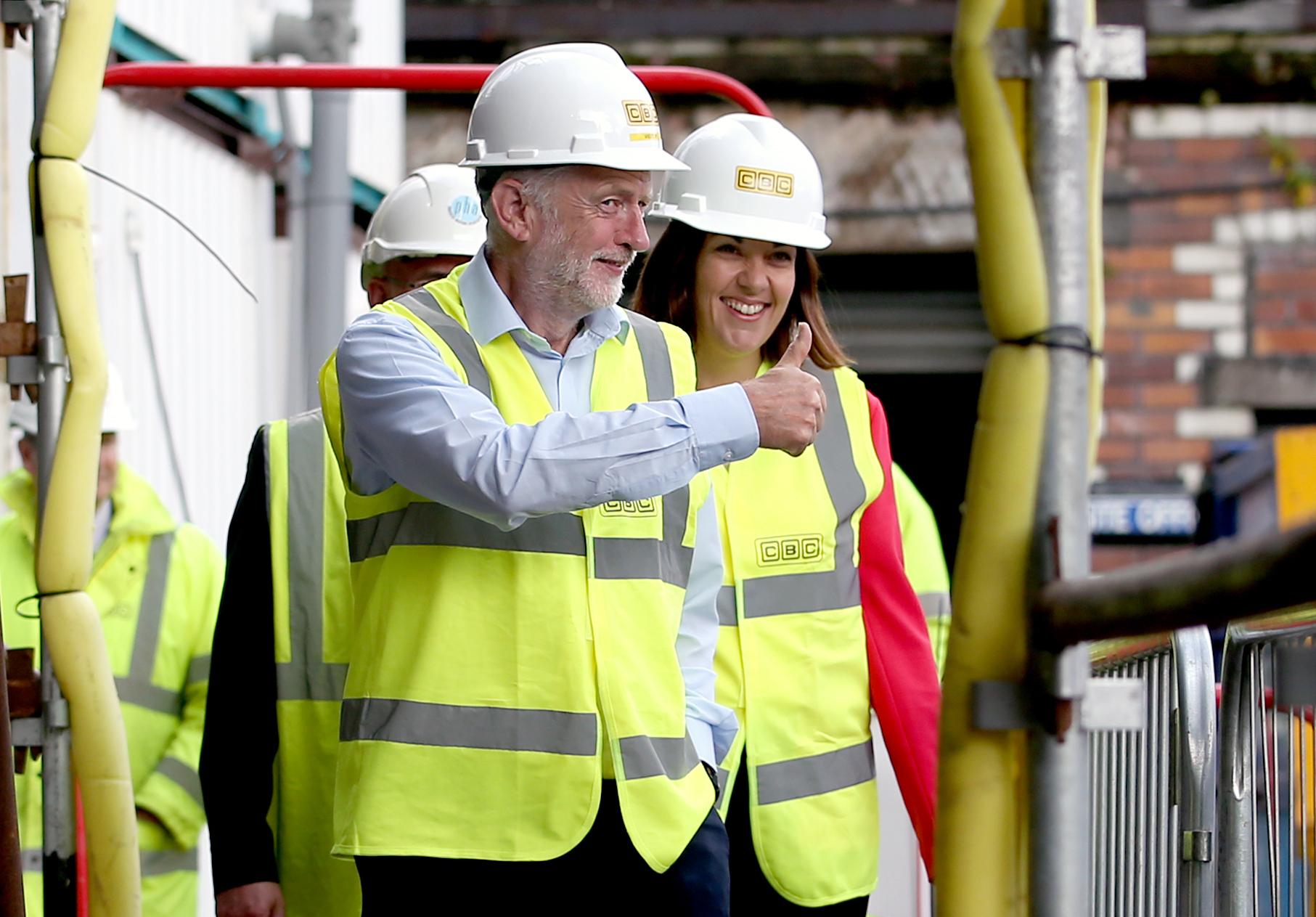There’s a lesson for all politicians in Kezia Dugdale’s resignation letter
All political careers end in failure, so perhaps the best way to manage that failure is to do it on your own terms, to set the rules of your departure


Your support helps us to tell the story
From reproductive rights to climate change to Big Tech, The Independent is on the ground when the story is developing. Whether it's investigating the financials of Elon Musk's pro-Trump PAC or producing our latest documentary, 'The A Word', which shines a light on the American women fighting for reproductive rights, we know how important it is to parse out the facts from the messaging.
At such a critical moment in US history, we need reporters on the ground. Your donation allows us to keep sending journalists to speak to both sides of the story.
The Independent is trusted by Americans across the entire political spectrum. And unlike many other quality news outlets, we choose not to lock Americans out of our reporting and analysis with paywalls. We believe quality journalism should be available to everyone, paid for by those who can afford it.
Your support makes all the difference.Too much of politics is tribal loyalty, point-scoring and self-interested greed. Kezia Dugdale’s reasons for resigning as Scottish Labour leader are above all that – they are straightforwardly human.
In her resignation letter, she describes the driving force behind her decision as the death earlier this year of her close friend, the charity campaigner Gordon Aikman. His terminal illness, motor neurone disease, “forced him to identify what he really wanted from life,” she wrote. “He taught me how precious and short life was and never to waste a moment.” We are always told life is short: to live it to the full – but we never really appreciate just how much until a loved one dies.
Given Jeremy Corbyn has just completed an 18-constituency tour of Scotland, his rallies packed with supporters, it is difficult not to see Dugdale’s decision to quit in the context of Corbynism. She has not been “forced out”, as some have suggested, but it is factually accurate to say she supported his opponent Owen Smith in last year’s doomed leadership challenge.
Dugdale is not a Corbynista, nor is she like some of her Westminster colleagues who have put aside their own centrist principles and belief in the old New Labour and decided to remodel themselves as Corbyn cheerleaders. In her two years in office, Dugdale won admiration from all parties for her passion, commitment and consensus-building.
She is no Laura Pidcock, who has declared she can never be friends with a Conservative. When it emerged earlier this summer she was in a relationship with a nationalist MSP, there was not widespread surprise.
Dugdale can be proud of Labour’s electoral success in the June election, turning a disastrous 2015 performance at the hands of the SNP into a mini-revival. But, again, the context is all Corbyn: Labour’s increase from one to seven seats must be seen as part of the wider electoral surge for Labour under Corbyn across the UK.
And Ruth Davidson’s Scottish Conservatives fared even better, snatching 12 from Nicola Sturgeon’s party to bring their tally up to 13, stealing Dugdale’s thunder.
In an interview on Wednesday morning, Dugdale rejected the suggestion that she was being eased out by Corbyn or his allies – and insisted she would campaign for him to be the next Prime Minister.
If, say, Yvette Cooper were Labour leader in Westminster and the party had enjoyed a similar result in June, would Dugdale be quitting now? It is hard to tell. But it is possible to discern from her letter and her interviews that Dugdale could see the way the wind was blowing.
The “immensity” of Scottish politics, which has seen two general elections, two referendums and a Holyrood election all in the space of four years, “had its toll on many people, not least myself,” she said.
Ultimately, it is the fragility of life – of losing a close friend or loved one – that brings perspective and clarity to a difficult situation. The urgency of life can suddenly present an answer to the question: is what I am doing really worth it?
In her resignation letter, there is a lesson for all politicians: “Too often our leaders leave in a crisis, with scores to settle. I love this party too much for that to be my way.” She echoed this in her interview, explaining: “What I’m trying to do is something that politicians rarely do, which is to leave with my head held high, without any sort of crisis.”
It is a cliche – but nevertheless true – that all political careers end in failure. But perhaps the best way to manage that failure is to do it on your own terms, to set the rules of your departure. Political office often brings with it a greed for power, and a refusal to give it up at all costs. That’s politics. In resigning on her terms, Dugdale has shown that life is more important than politics
Join our commenting forum
Join thought-provoking conversations, follow other Independent readers and see their replies
0Comments